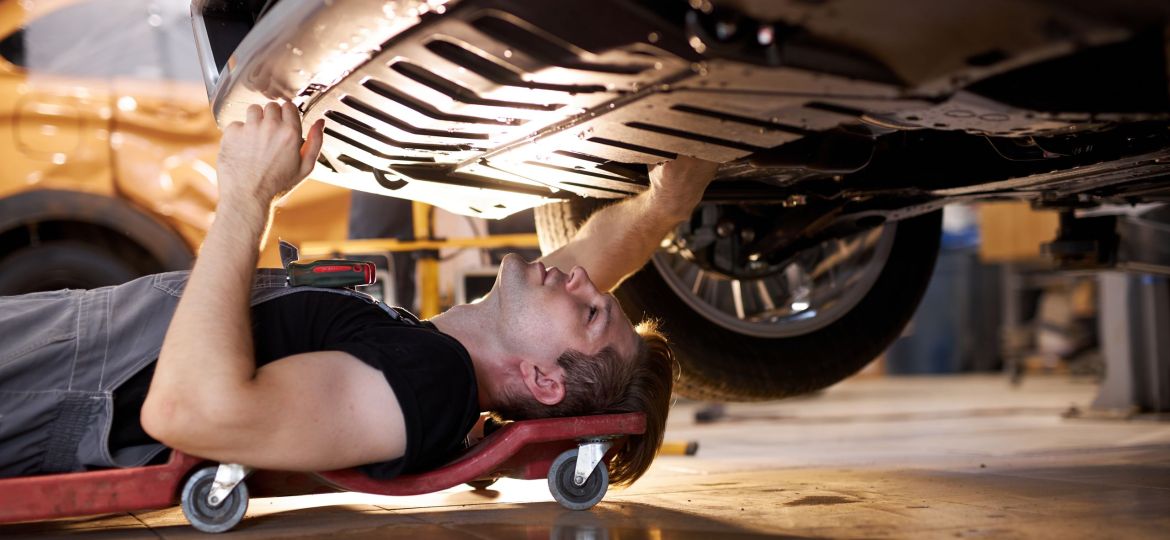While skipping regular car maintenance might seem like an easy way to save money in the short term, the long-term risks are substantial and potentially costly. Consistent servicing is crucial for maintaining your vehicle’s health, safety, and performance, yet many drivers overlook or delay routine maintenance, leading to serious consequences.
The Importance of Regular Maintenance
One of the key components of regular car servicing is an oil change. Engine oil plays a vital role in lubricating moving parts, reducing friction, and preventing overheating. Over time, however, oil breaks down and becomes contaminated with dirt and debris. Without regular changes, your engine parts will experience excessive wear, possibly resulting in costly repairs or even engine failure.
Fuel Efficiency Takes a Hit
A well-maintained engine runs more efficiently, using less fuel to generate the same amount of power. When regular servicing is ignored, clogged air filters, dirty spark plugs, and other issues force the engine to work harder, consuming more fuel. This results in higher fuel costs and more frequent trips to the gas station.
The Danger of Neglecting Your Brakes
Your vehicle’s braking system is one of its most critical safety features. Regular servicing includes inspecting the brake pads, discs, and fluid levels to ensure optimal function. Neglecting these checks can lead to worn brake pads, leaking brake fluid, or even brake failure—posing a serious risk to both you and other road users.
Tire Health: A Direct Link to Safety
Your tires are the only part of your vehicle in direct contact with the road, so their maintenance is crucial. Regular checks of tire pressure, tread depth, and overall condition are necessary to ensure safe driving. Without proper maintenance, you risk uneven tire wear, a higher chance of blowouts, and reduced traction—especially in adverse weather conditions—putting both your safety and your wallet at risk.
Resale Value and Service History
A car with a complete service history is generally more appealing to buyers and holds a higher resale value. Skipping regular maintenance can create a patchy service record, making your car less attractive to potential buyers. If you plan to sell or trade in your vehicle, a lack of maintenance could lead to lower offers or difficulty selling altogether.
Maintaining Your Warranty
Many new cars come with a manufacturer’s warranty that covers specific repairs and services within a set period. However, to keep your warranty valid, you must follow the manufacturer’s recommended service schedule. Failing to do so could void your warranty, leaving you responsible for expensive repairs that would have otherwise been covered.
Preventing Unexpected Failures
One of the biggest advantages of regular maintenance is that it helps identify and address small issues before they turn into major problems. Without routine servicing, minor issues can go unnoticed, causing them to worsen over time and leading to inconvenient, and often costly, breakdowns at the worst possible moments.
Cost of Preventative Care vs. Major Repairs
Preventative maintenance is far less expensive than major repairs. Neglecting regular service increases the risk of minor issues developing into expensive repairs. For instance, a worn timing belt, if not replaced on time, can snap and cause significant engine damage, requiring costly repairs or even a full engine replacement.
Conclusion: The True Cost of Neglect
While driving without servicing might save you a bit of money upfront, the risks far outweigh the benefits. Regular maintenance is essential for ensuring your vehicle’s safety, dependability, and longevity. It helps prevent expensive repairs, minimizes the risk of breakdowns, and ensures that your vehicle remains fuel-efficient and roadworthy.
By sticking to the recommended service schedule for your car, you not only protect your investment but also enjoy a safer, more reliable driving experience. Don’t wait for a small issue to become a major problem—routine servicing is vital for keeping your car in top condition and avoiding the significant risks associated with neglecting this essential upkeep.


